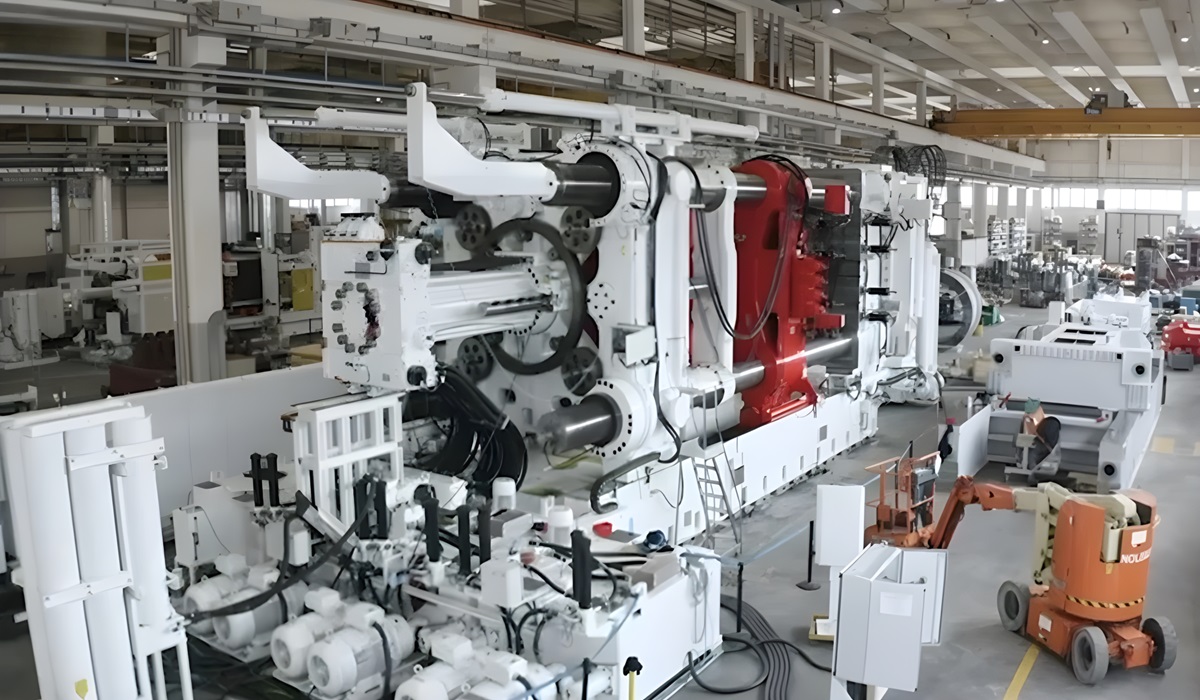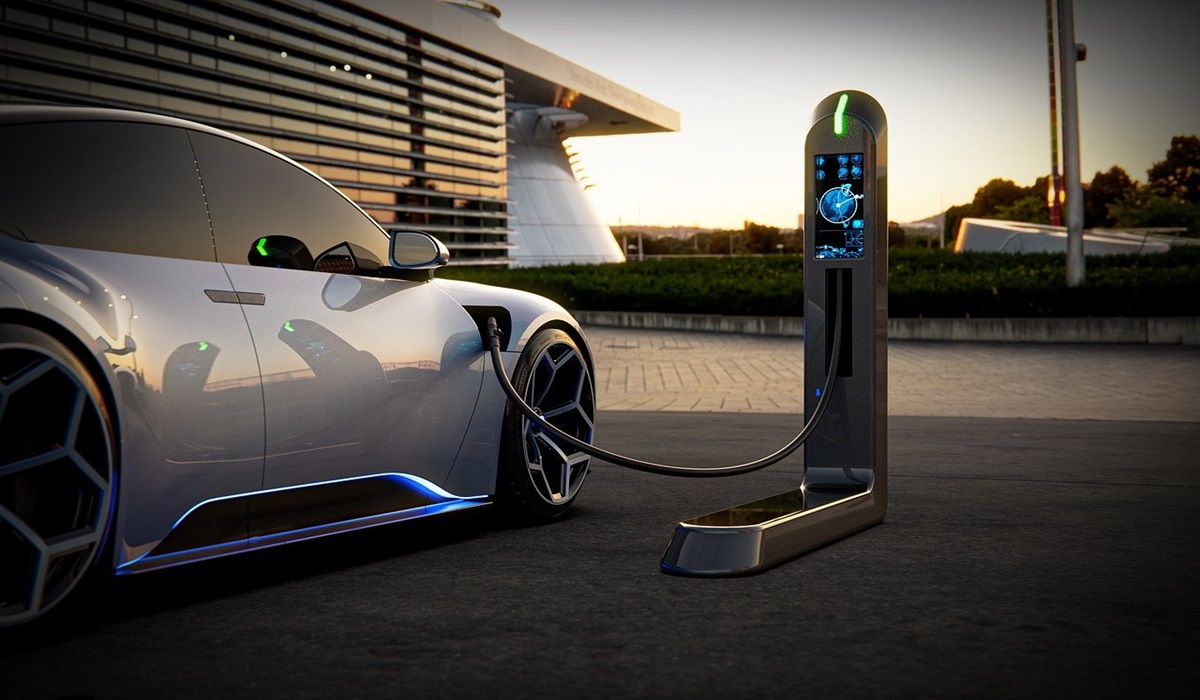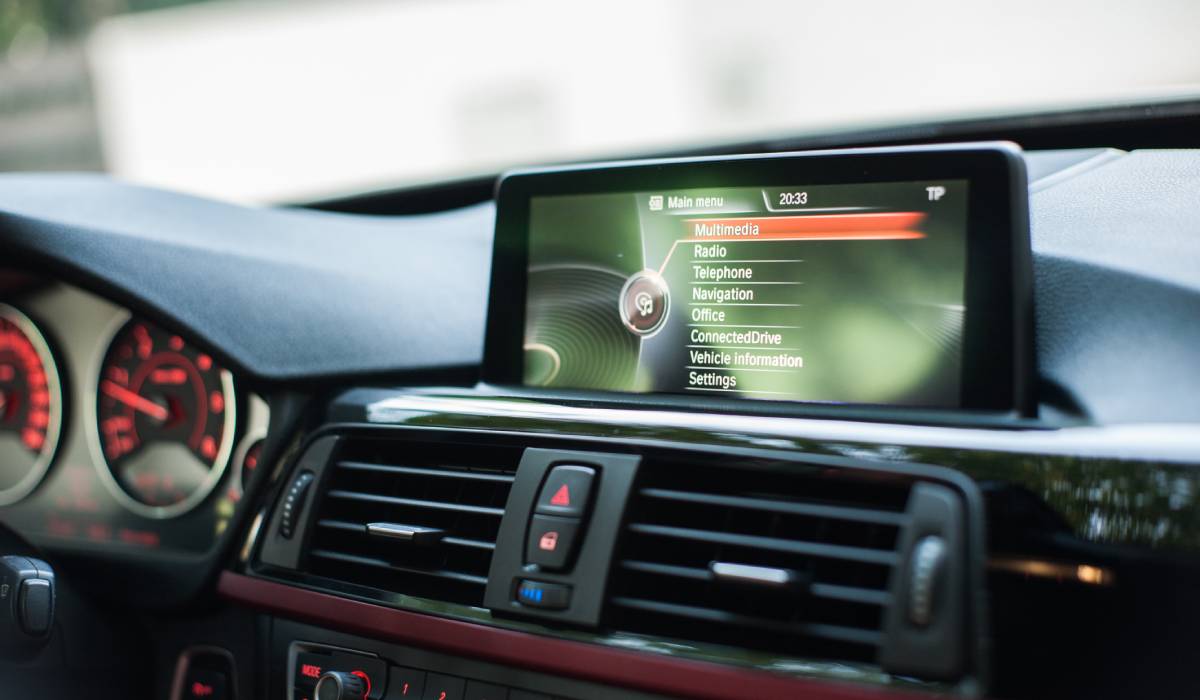Differences Between Buying a Motorcycle and Buying a Car
- Casey Cartwright
- Technology
- August 28, 2024

The thrill of the open road often leads individuals to the crossroads of an important decision. Should they buy a motorcycle or a car? Though seemingly straightforward, this question involves many considerations that potential buyers must address.
This guide will explore the differences between buying a motorcycle and buying a car. By examining the differences in affordability, practicality, safety, social factors, and environmental impact, readers will gain a comprehensive understanding to make an informed choice.
When it comes to the initial cost, motorcycles generally present a more affordable option than cars. New motorcycles are significantly less expensive than new cars, making them an attractive choice for budget-conscious buyers. However, it is essential to consider long-term costs, including maintenance, fuel efficiency, and insurance.
Motorcycles typically boast superior fuel efficiency, lowering fuel expenses over time. Maintenance costs can also be lower, although this depends on the type and model of the motorcycle. Additionally, it is important to address motorcycle insurance myths that suggest insuring a bike is prohibitively expensive. While insurance premiums for motorcycles can vary, they are often comparable to, or even less than, those for cars. That’s one motorcycle insurance myth debunked.
In terms of daily use, motorcycles and cars differ significantly. Motorcycles offer unparalleled maneuverability in dense traffic, making them ideal for urban commuting. They occupy less space and can easily fit into tight parking spots. This advantage is big for people living in crowded cities. However, motorcycles offer limited storage space, which can be a drawback for those who need to carry more than the essentials.
Cars, on the other hand, provide ample storage capacity and can comfortably accommodate multiple passengers. A car may be the more practical choice for those who frequently transport family members or colleagues. Cars offer protection from the elements, ensuring comfort and convenience regardless of weather conditions.
Safety is a crucial factor when deciding between a motorcycle and a car. Statistically, cars are generally safer than motorcycles, with lower accident rates and more robust safety features. Cars have seatbelts, airbags, and crumple zones designed to protect occupants in a collision. These features contribute to a higher level of safety compared to motorcycles.
Motorcycles, while thrilling to ride, require additional safety precautions. Riders must invest in personal safety gear, such as helmets, gloves, and protective clothing, to reduce the risk of injury. Although modern motorcycles come with advanced safety technologies like anti-lock brakes and traction control, they do not offer the same level of protection as cars.
The choice between buying a motorcycle and buying a car involves multiple factors, each with its own set of advantages and disadvantages. Affordability, practicality, safety, social aspects, and environmental impact all play a role in this decision. By carefully evaluating these aspects and considering personal needs and preferences, buyers can make an informed choice that best suits their lifestyle.








